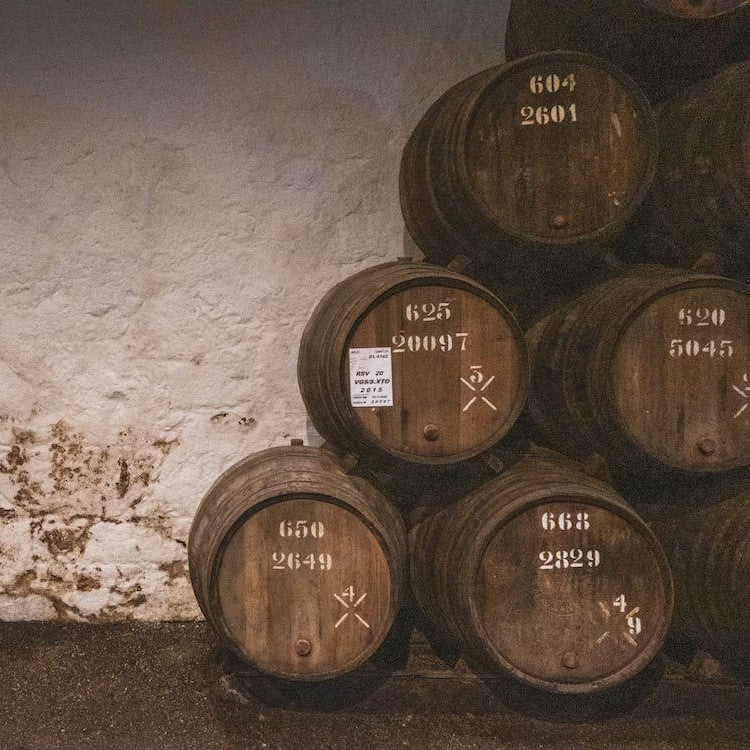The Modern Golden Age of Craft Whiskey
Small-batch, artisanal products and a desire to support local businesses are what sparked the craft whiskey renaissance in the early 21st century. Craft whiskey produced in the United States has become a symbol of quality, history, and innovation in a market increasingly interested in alternatives to mass-produced spirits. Craft distilleries are more hands-on and experimental than the massive industrial distilleries that have dominated the whiskey industry for decades.
The regulatory climate now is quite different from what it was during the whiskey boom of the 1800s. Due to the lack of oversight during the whiskey boom of the 1800s, many shady businesses popped up and poor quality whiskey became commonplace. Today, however, due to technological safeguards, craft whiskey is produced and labeled to exacting specifications. Consumers may confidently explore the vast selection of craft whiskeys thanks to this level of regulation.
The Art of Experimentation
The craft whiskey distilleries in the United States are at the forefront of this movement toward experimentation and novelty. Craft distillers are redefining what it means to make whiskey by using unconventional ingredients like quinoa, buckwheat, and millet and barrels made from sherry, rum, and wine. Some distilleries use smaller barrels to speed up the maturing process, while others use unorthodox storage settings like underwater aging or high-altitude aging.
Recent years have seen an increasing interest in terroir, a term more commonly linked with the winemaking process. Now more than ever, craft distillers are focusing on using locally sourced grains because of the significant influence that geography, weather, and water have on the whiskey's final flavor. This "grain-to-glass" philosophy does double duty by both highlighting regional differences and bringing drinkers closer to the spirit they enjoy.
Reviving Lost Techniques
The current craft whiskey boom is comparable to its counterpart in the 1800s in that it involves the rediscovery of ancient distilling practices. Many small-batch distillers take great pride in using time-honored techniques—often passed down from generation to generation—to create one-of-a-kind spirits that honor the past. Pot stills and wooden fermentation tanks are two examples of equipment that can be used in these processes that help create distinctive flavor profiles.
In addition, several craft distilleries are using recipes from before Prohibition, which they have painstakingly researched and revived to their former grandeur. This love for the work guarantees that the booze is genuine and reminiscent of the golden age of American whiskey.
Craft Whiskey Tourism
Craft whiskey distilleries are becoming staples in many small towns across American, much like the distilleries during the whiskey boom of the 1800s. Craft distilleries attract throngs of curious tourists who want to learn about and chat with the distillers as they create a wide variety of unique whiskeys.
Many small distilleries have developed in-depth tour programs and educational opportunities to meet the demands of this expanding market. These events do more than just teach people about whiskey; they also make them appreciate the hard work and skill that goes into manufacturing each bottle.
The recent explosion of boutique whiskey production in the United States attests to the drink's ongoing popularity. Craft distilleries are breaking new ground in the whiskey industry by championing experimentation, restoring forgotten methods, and educating the public. Unlike the whisky boom of the 1800s, which may have been driven by lax regulation and unrestrained expansion, the modern movement places a premium on quality, openness, and the quest of perfection.
While artisan distilleries are always developing and trying new things, they haven't lost touch with American whiskey's long and storied past. Craft whiskeys that highlight the variety and artistic expression of this classic liquor are on the rise, and they have a bright future ahead as consumers become more open-minded and discriminating. Raise a glass to the burgeoning world of American craft whiskey, where innovation meets legacy and where each sip tells a narrative of passion and dedication, whether you're a seasoned whiskey connoisseur or a curious newbie.
